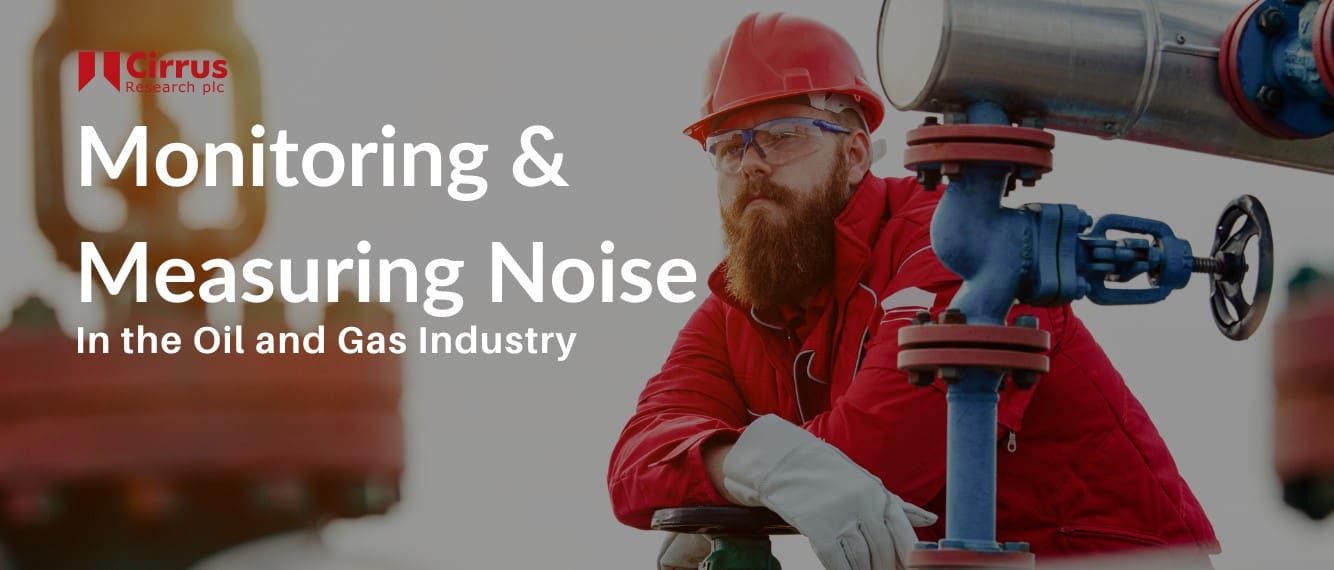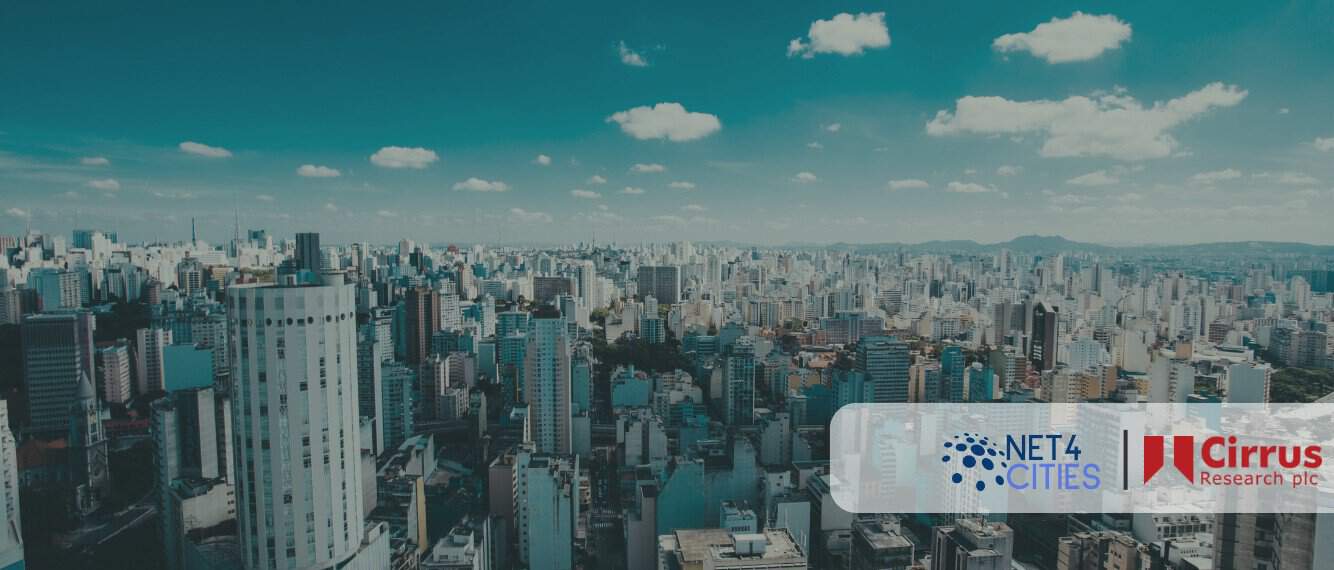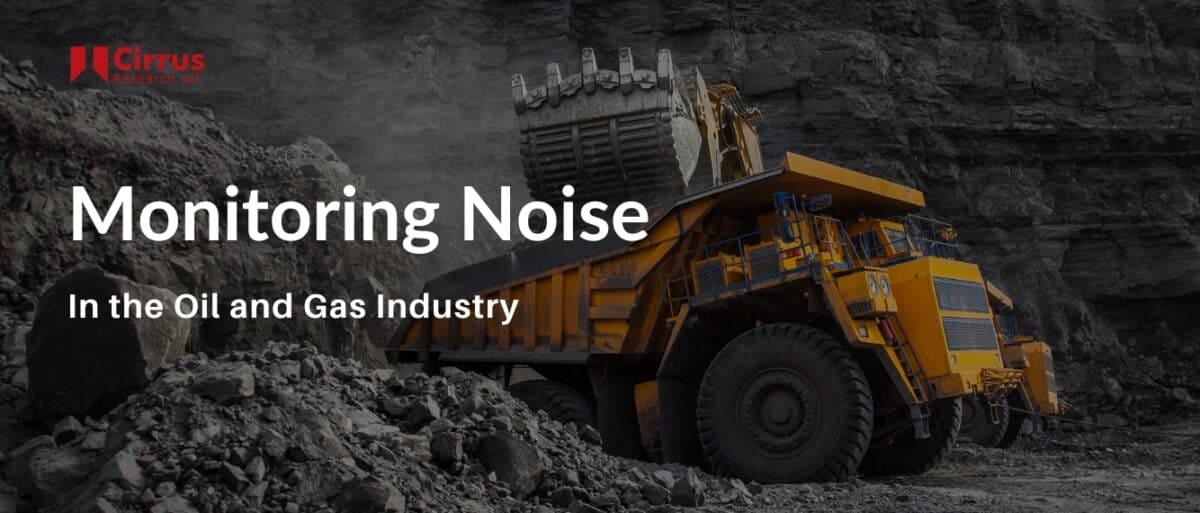The oil and gas industry is a crucial pillar of the global economy. However, this industry presents significant environmental and health challenges, including those related to noise. Monitoring and measuring noise in the oil and gas industry is essential to protect workers, local communities and the environment from the impacts of excessive noise exposure.
The Sources of Noise
Noise in oil and gas processing facilities can originate from various sources, such as compressors, pumps, turbines, generators, and more. The noise level and frequency depend on factors such as the type, size, speed and condition of equipment, the flow rate and pressure of the fluid or gas, and the distance and direction of the sound propagation.
The Impact of Noise
The noise that this work creates can have a negative impact on workers (and in turn your organisation), the environment and the community. For workers, exposure to high levels of noise can cause hearing loss, tinnitus, stress, sleep deprivation and other illnesses such as cardiovascular disease.
When it comes to the environment, noise can disturb wildlife, especially birds and marine life, and affect their behaviour, reproduction and migration habits and their survival. When considering the community, noise can also affect local residents causing them annoyance, but also sleep disturbance and interfering with their quality of life.
Managing Noise
Managing noise in the oil and gas industry requires a systematic and proactive approach that involves identifying, measuring, assessing, controlling, and monitoring noise sources and impacts.
To do this effectively, it is recommended to conduct a noise survey that will help in determining the noise levels and frequencies at different locations and times, and compare them with the regulatory and occupational limits and guidelines. Additionally, implementing a noise management plan that outlines objectives, responsibilities, actions, resources and timelines is beneficial.
Any plans you put in place should prioritise eliminating or minimising noise at the source, followed by isolating or reducing noise along the path, and finally protecting or reducing noise at the receiver.
Can Cirrus Research help?
Not only can our experts talk you through the steps that you need to take to protect your workers, your business, the environment and local communities from the noise produced by your operation, they can also suggest the best instruments to help you do so.
Speak to our team by emailing sales@cirrusresearch.com, calling +44 (0) 1723 891655, or by submitting a contact form on our website!
Instruments for Noise Monitoring in the Oil & Gas Industry
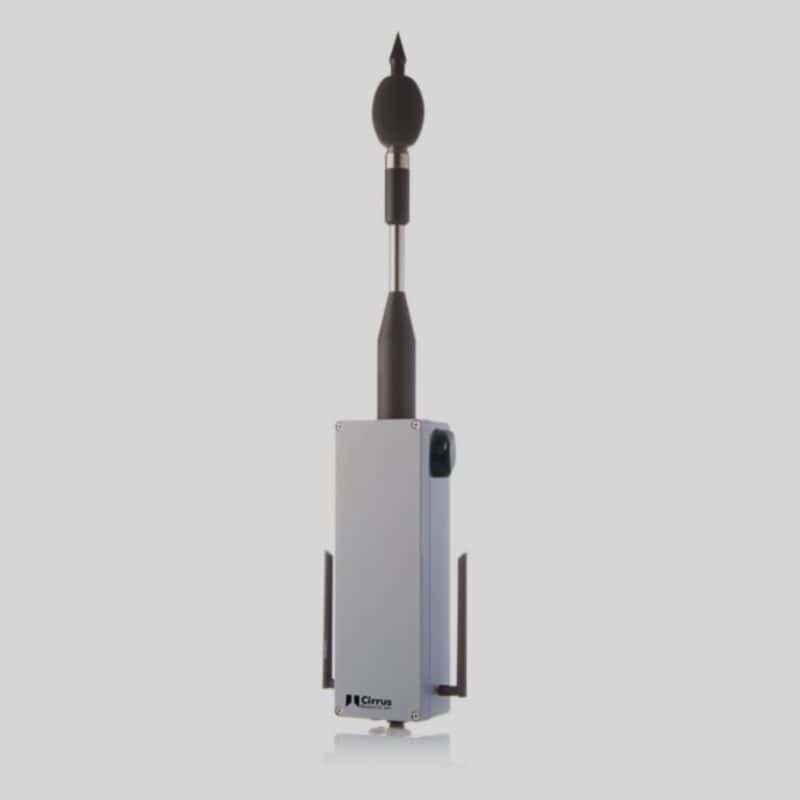
The Quantum Outdoor noise monitor is a fully automated cloud-based environmental monitor ideally suited for long-term remote measurements of various environmental conditions.
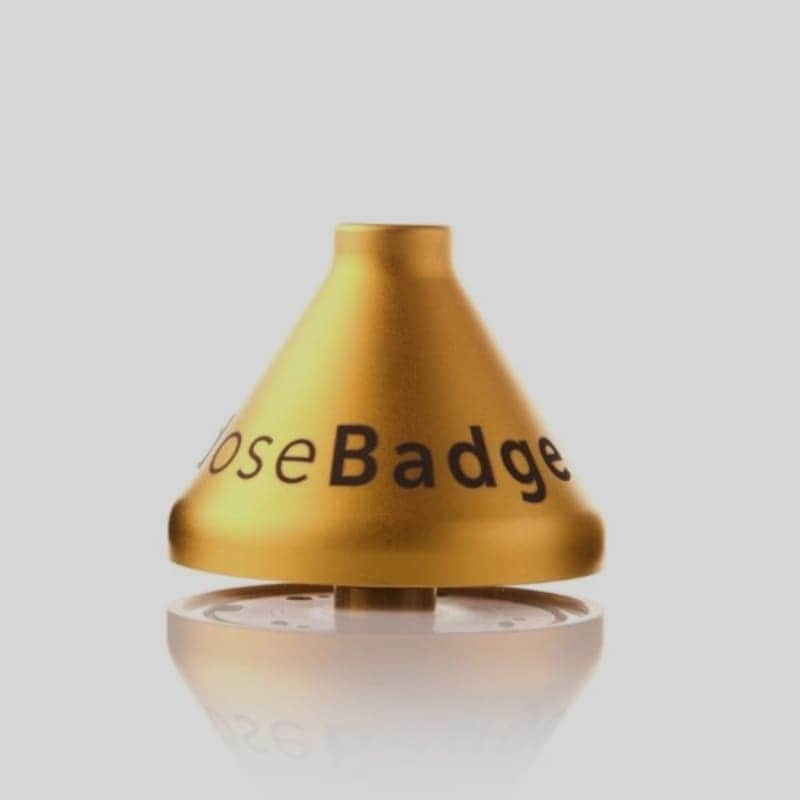
With intrinsically safe certification, the Intrinsically Safe doseBadge Noise Dosimeter is ideal for monitoring personal noise exposure in hazardous zones and explosive atmospheres.
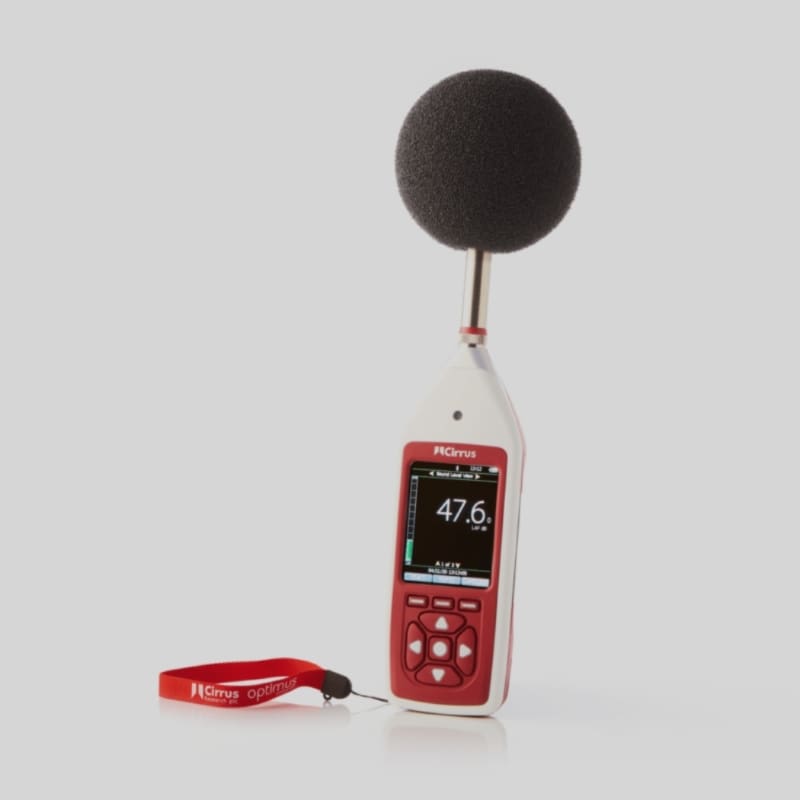
Available as a Class 1 or Class 2 instrument, the Optimus+ Industrial integrating sound level meter is ideal for occupational noise exposure assessments in the workplace.
